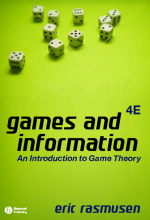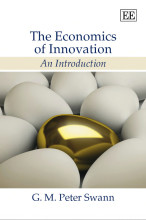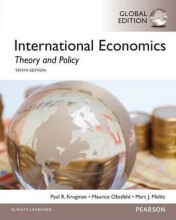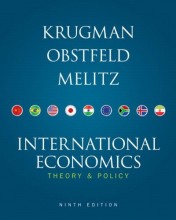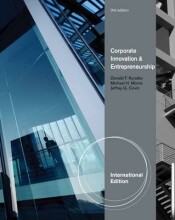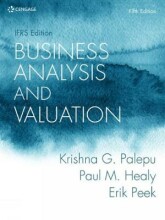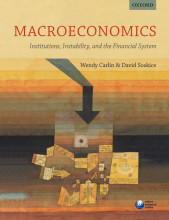Articles - Fehr and schmidt: a theory of fairness
5 important questions on Articles - Fehr and schmidt: a theory of fairness
Most economic models assume that all people are exclusively pursuing their material self-interest and do not care about social goals. However, there is evidence that this is not always true. There is a large variety of evidence suggesting that many people are driven by
The model constructs fairness as self-centered inequity aversion. Inequity aversion means that
According to Rabin an action is perceived as fair if
- Higher grades + faster learning
- Never study anything twice
- 100% sure, 100% understanding
Difference between Rabin’s model and Fehr’s model is that
There is evidence that people exhibit strong and robust aversion against disadvantageous inequality but, to a lesser extent, people also exhibit an aversion to advantageous inequality. This is also modeled in Fehr’s model. Other assumptions made in his model are the following:
2) The existence of subjects who like to be better off than others is ruled out.
Disutility from inequality is self-centered in the sense that an individual player compares himself with each of the other players but does not care about inequalities within the group of his opponents.
The question on the page originate from the summary of the following study material:
- A unique study and practice tool
- Never study anything twice again
- Get the grades you hope for
- 100% sure, 100% understanding



















